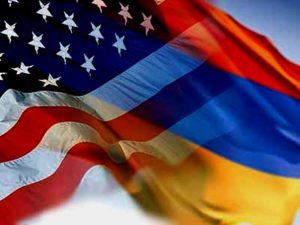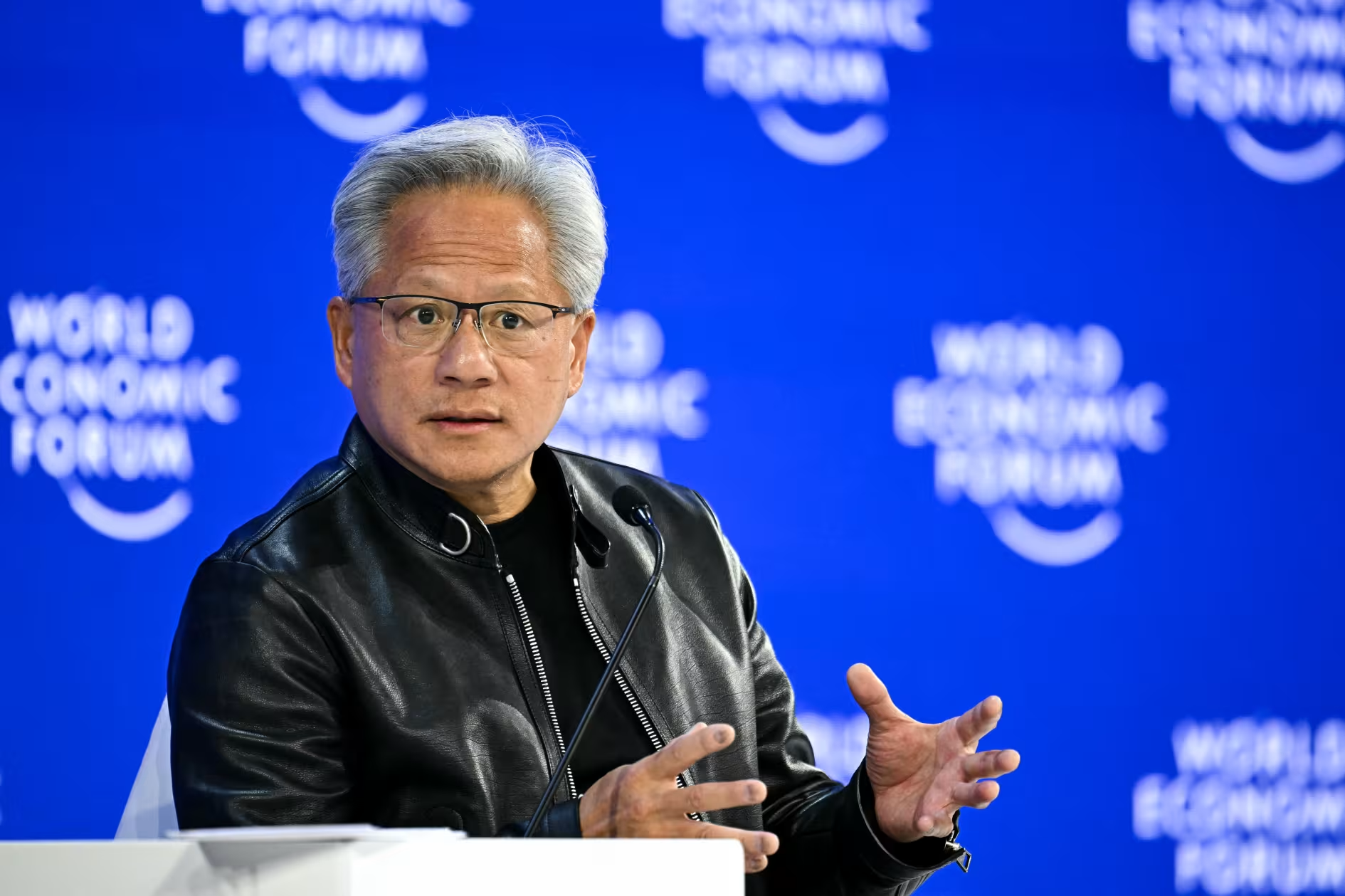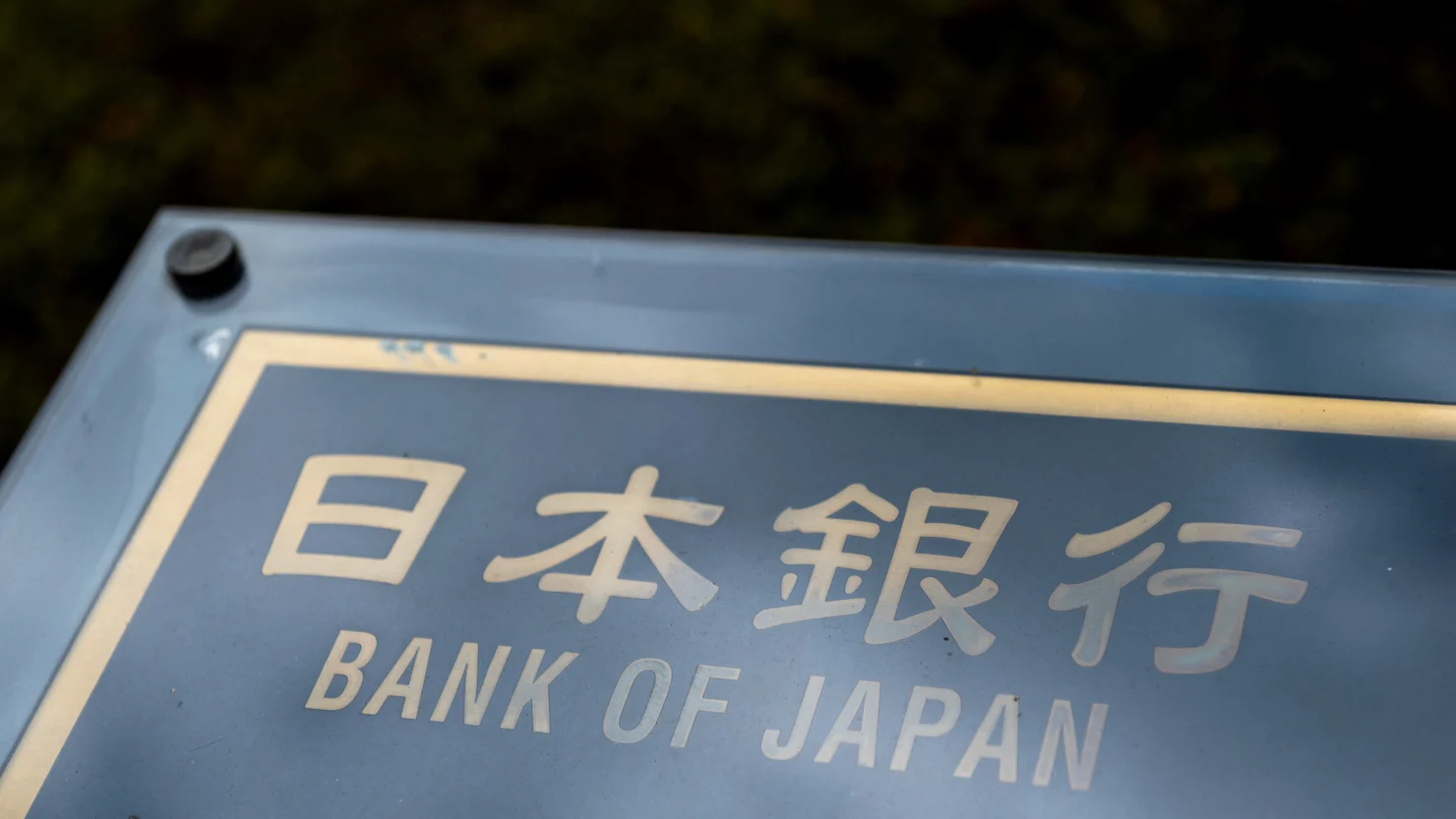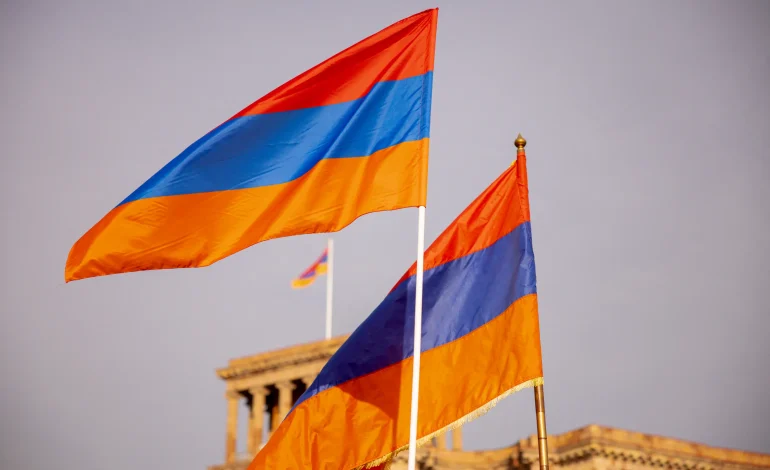As Prime Minister Nikol Pashinyan tightens his grip on power in Armenia through attacks on business, religion, and dissent, the tactics echo familiar patterns in American political life, where institutional trust is also under siege. What happens in the country’s capital of Yerevan is not just a regional crisis, but part of a global struggle over power, accountability, and the meaning of democracy.
For an American audience familiar with how power can be weaponized to suppress dissent and centralize control, what’s unfolding in Armenia may feel all too familiar.
Governing Through Crisis, Creating Enemies
In recent weeks, Pashinyan has launched a wave of political offensives targeting both business and religious figures seen as disloyal. One high-profile case is the arrest of Samvel Karapetyan, a Russian-Armenian businessman and head of Electric Networks of Armenia (ENA), shortly after he publicly criticized the government. His detention came just as the government moved to seize control of his company.
An international arbitration court in Stockholm has already ruled that Armenia’s actions likely violate bilateral investment protection agreements. But for Pashinyan, this is less a legal matter than a power play — one where loyalty trumps law.
At the same time, the Armenian Apostolic Church has become another battleground. The prime minister publicly accused the church’s spiritual leader of misconduct and urged supporters to “liberate” the church’s headquarters, a move condemned by church leaders and international religious bodies. Critics argue the campaign is politically motivated, aimed at silencing one of the last independent voices in Armenian society.
This strategy is clear: deflect public frustration over domestic problems by fabricating enemies, whether they’re religious leaders, business figures, or foreign powers.
Institutional Breakdown, Global Parallels
These patterns should resonate with observers in the United States. Much like what has been witnessed in American politics in recent years, Armenia’s leadership is increasingly replacing civic dialogue with polarization, and consensus with personal loyalty. Calls for reform and sovereignty mask a more dangerous agenda: the dismantling of institutional independence in favor of centralized power.

Just as political groups in the U.S. fight over symbols and institutions — courts, media, even school boards — Armenia’s internal battles now extend to utilities, religious institutions, and regulatory agencies. Disagreement is criminalized. Dissent is punished. Power is personalized.
For global democracies, especially the U.S., Armenia now serves as a case study of how quickly democratic checks and balances can erode when left unchecked. Ironically, the leader who once rode a wave of democratic hope is now dismantling the very institutions that brought him to power.
Where Is Armenia Headed?
Pashinyan’s upcoming trip to Russia may mark a softening of tensions with Moscow, but Armenia’s real battleground lies within. The struggle is not geopolitical, it’s institutional. It’s about whether Armenia’s governance will continue to drift toward authoritarian tactics, or whether democratic norms will be defended.
For international allies like the United States, the big question remains: Will support for Armenia be grounded in real democratic principles — or will geopolitical pragmatism once again outweigh core values?










The latest news in your social feeds
Subscribe to our social media platforms to stay tuned